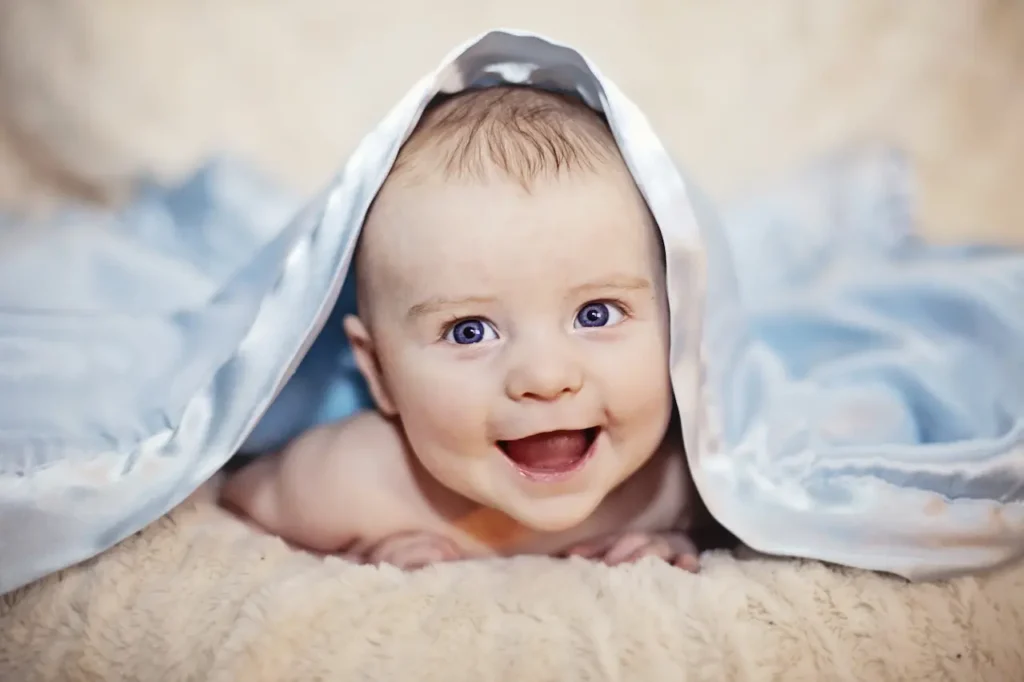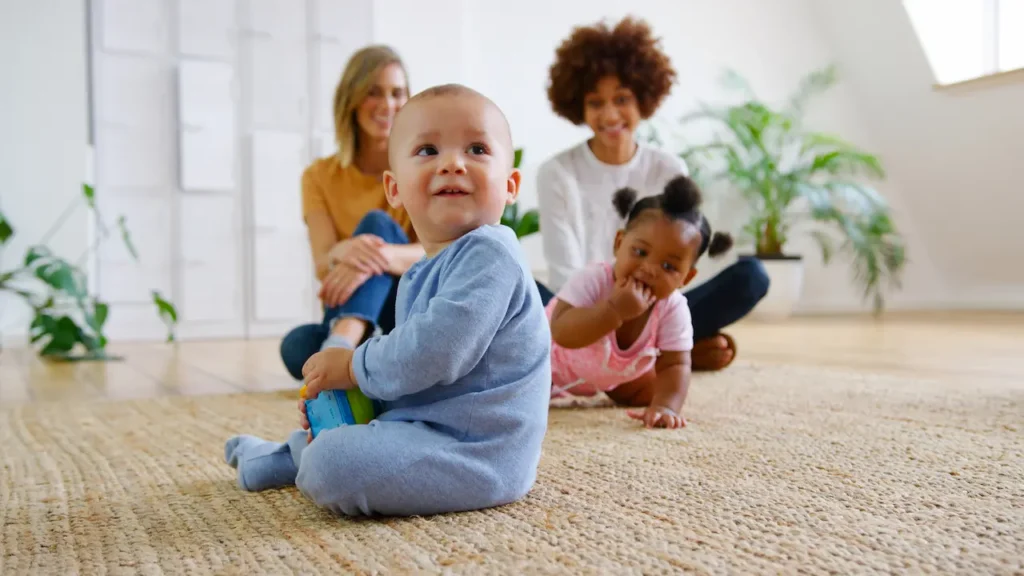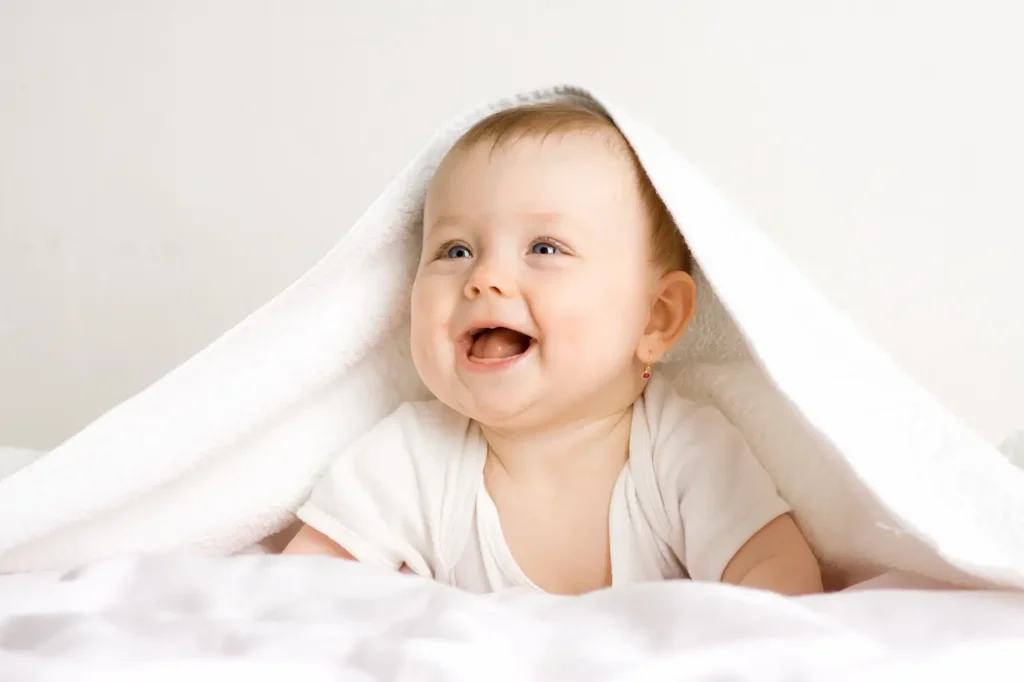Laughing at the Thought of a Baby Routine
The Hilarious Reality of Trying to Set a Baby Routine
Motherhood, for many of us, comes with the unexpected, the unpredictable, and a whole lot of laughter at the chaos. I can still vividly remember one moment that summed up exactly how far I had come in this rollercoaster journey. Laughing at the Thought of a Baby Routine
It was an ordinary visit to the doctor’s office. I had a sleeping infant in a capsule, my toddler daughter tagging along beside me. The little one was having her third nap of the day, and we’d been in the car more times than I could count. As I gently coaxed my baby into the ring sling, I tightened it just right, nuzzled her close to my chest, and held my toddler’s hand as we walked into the clinic. It was a balancing act, as it always was. My toddler chattered away, oblivious to my exhaustion, while the baby slept peacefully in my arms.
As we waited to see the doctor, a mother sat beside me, trying desperately to soothe her baby. She was pushing the pram back and forth, with that unmistakable look of stress on her face, as if the soothing motions might just bring some peace. She turned to me and asked, “What’s your baby’s routine like?”
I couldn’t help it—I laughed. A real, honest laugh.
Laughing at the Thought of a Baby Routine: Does It Get Any Easier?
It wasn’t that I found her question funny, but more the fact that I had been where she was—on the other side of that struggle. I could remember the early days when I’d been obsessed with my baby’s schedule, trying to figure out how to make her sleep just right, how to follow some “perfect” routine that everyone seemed to talk about. I spent hours alone with my first baby in a darkened room, patting and soothing, desperately trying to establish some sort of order. The anxiety around sleep, feeding, and making sure everything was perfect almost consumed me.
Then came my second baby. And my third. And my fourth. By the time I had my fourth, the concept of routine? Gone. Predictability? A distant dream. The idea that I was in complete control and knew exactly what was going on at any given moment? Hilarious.

What I Wish I Knew
If there’s one thing mothering multiple little ones has taught me, it’s that life is a lot more enjoyable when you let go of the need to control everything. I wish I’d known, from the very beginning, that it’s okay to release the pressure and let go of unrealistic expectations. I could’ve saved myself a lot of unnecessary stress and anxiety by simply being kinder to myself.
Motherhood doesn’t come with a rulebook. It doesn’t get easier in the sense that we “master” it. No, I think what happens is we become more adaptable, more resilient, and more creative in how we approach each day. But one thing’s for sure: I stopped trying to fight the chaos.
For me, the only “routine” that mattered in those early years was making sure I had my arms free to cuddle my kids when they needed it. The laundry pile, the dirty dishes, the house that often looked like a tornado passed through it—none of that mattered. What mattered was that we loved each other at the end of the day, no matter how messy or imperfect everything seemed.
By tuning out the expectations of others and letting go of all the “shoulds,” I was able to truly tune into my kids. And honestly? I became a better mother because of it.
This is what I shared with that mom at the doctor’s office that day, a mom who I could see needed a little encouragement. I told her, “Don’t watch the clock. Don’t count the minutes your baby sleeps. Take a break when you need it. Hold your baby. Embrace the chaos. It’s hard, but it does get easier. And you’ll find your way.”
When Do Babies Start Laughing?
The first laugh of your baby is a huge milestone. It’s a sign of alertness, curiosity, and happiness. The average baby starts to laugh around four months old, but remember, each child is different. Some babies will giggle sooner, while others may take a little longer.
In the first year of your baby’s life, you’ll experience a lot of unforgettable moments, from their first smile to their first steps. Each milestone is important and gives you a chance to celebrate their development. But that first laugh? It’s something special. It shows that your baby is connecting with the world and communicating with you in a new way.
You might also like: The Dangers of Kissing Newborn Babies
When Will Your Baby Begin To Laugh?
Most babies start laughing around 3-4 months. But don’t stress if your baby doesn’t hit this milestone right on time. Every baby is unique. Some babies laugh earlier than others, and that’s perfectly normal. So, while you wait for that adorable giggle, keep in mind that your little one will reach this milestone in their own time.
4 Fun Ways to Make Your Baby Laugh
If you’re looking to get a giggle out of your baby, here are a few tricks that might help:
1. Funny Noises
Babies love funny sounds! Try making silly noises, such as kissing sounds, popping noises, or even blowing raspberries. They’ll find these sounds fun and exciting, which often leads to laughter.
2. Gentle Touches
Babies are highly sensitive to touch, so blowing softly on their skin or lightly tickling their tummy can bring about laughter. Kissing their hands or feet or giving them a gentle belly rub can also get them giggling.
3. Noisemakers
Objects that make noises, like a rattle or a bell, are often a hit with babies. You might be surprised at what your baby finds amusing! Experiment with different objects to see what sparks their laughter.
4. Peekaboo
It’s an oldie but a goodie! Playing peekaboo is a great way to entertain your baby. This game teaches them about “object permanence,” or the idea that things still exist even when they can’t see them. Your baby may not laugh during peekaboo right away, but by four to six months, they’ll start to find it hilarious.

They Miss the Milestone.
According to several milestone markers, babies usually laugh between the third and fourth months. There is no reason to worry if your baby does not laugh after the fourth month.
Some babies don’t laugh as much and are more serious. It’s okay if they are meeting all their developmental milestones.
Do not focus on just one milestone. Focus on all of them. It’s important to speak with your child’s doctor if you feel that your baby is not reaching the milestones they should be.
Speak to Your Baby’s Physician.
Bring this issue up during your baby’s next health visit if you are concerned about your child’s lack of laughter or other milestones. Your doctor will ask about the milestones that your child is reaching during the visit.
Include these details in the conversation if you don’t.
The two of you will then decide whether you want to wait and see what happens or if your doctor should recommend further testing. You may find that there are therapies available to help your child develop at a pace more in line with other children of the same age.
You might also like: Tips for Supplementing Your Breastfed Baby
When Do Babies Laugh?
After your baby begins to smile at around 8 weeks of age, you should be on the lookout for laughter as one of the social milestones. Your baby may giggle or chuckle when you do something around four months old. The first laughs are unpredictable. What works the first time might not work again.
“My little one has just turned 4 months. “She’s been giggling here and there for a few months, but initially it was difficult to distinguish between her happy sounds and her giggles,” says BabyCenter community member Mom2Peps.
When your baby reaches 6 months old, they will probably laugh heartily when you make a funny sound, tickle their stomach, or pretend to munch their toes. Some laughter is unintentional, but it can also be a way for babies to communicate with you. You’ll know that your baby is having a good time when they laugh or squeal.
You can make your child laugh more than anyone else. All of your baby’s first attempts to communicate, including babbling and smiling, will be directed at you.
When Babies Begin to Laugh
Socialization begins as soon as your baby is born. Before they can crack a smile or laugh at your antics, they are absorbing information from the environment.
The Realities of Post-Birth: What to Expect
New parents need to be aware of the realities of life following birth, both the physical changes that occur and the newborn stage.
Newborn
While your baby is awake, he or she is using his or her senses to learn about the world. They use the information that they receive from their senses, such as what they hear, feel, taste, and smell, to form meaningful connections.
Your newborn is already familiar with your voice and can pick up on subtle changes in tone. They only know one way to communicate: by crying.
From 1 to 2 Months
You may notice that your baby is starting to mimic your facial expressions. Keep your mouth open and stay close. Allow them to respond. It will take some time for them to learn how to mimic you.
You might see your baby’s very first smile at two months old! You’ll see a gummy smile if your baby doesn’t seem to be smiling. You will start to notice the preferences of your baby, they’ll be happy to see and play with you. Some toys may also catch their attention.
When your baby is alert and wants to talk, they will coo at you.

Three to Four Months
Your baby is likely to be able to socialize with you and others using smiles at this stage. With “smile talk”, you can have small exchanges with your child: Smile at them and they will smile back.
“My 11-week-old has been laughing for the last two weeks and it’s adorable!” BabyCenter Community parent says. “She laughs mostly at her sisters but also when we tickle. There’s nothing sweeter than a baby’s giggles!
You’re most likely to hear the first laugh of your baby when they are 4 months old. You might hear a small chuckle if you do something funny, such as dancing or making funny sounds.
BabyCenter Medical Advisory Board member says that babies usually start laughing between the ages of 4 and 6 months when they find something funny. “Tickling is the best way to make your baby laugh. Try tickling their belly or the soles of their feet.”
5 to 6 Months
Your living room may already feel like an open mic night in your local comedy club. By 6 months, your baby is likely to be laughing out loud. Your baby will be the center of attention for everyone, including grandparents and siblings.
It’s a good time to introduce more games for babies into your child’s daily routine. They’ve spent most of their lives observing the world. They’re now ready to take part.



